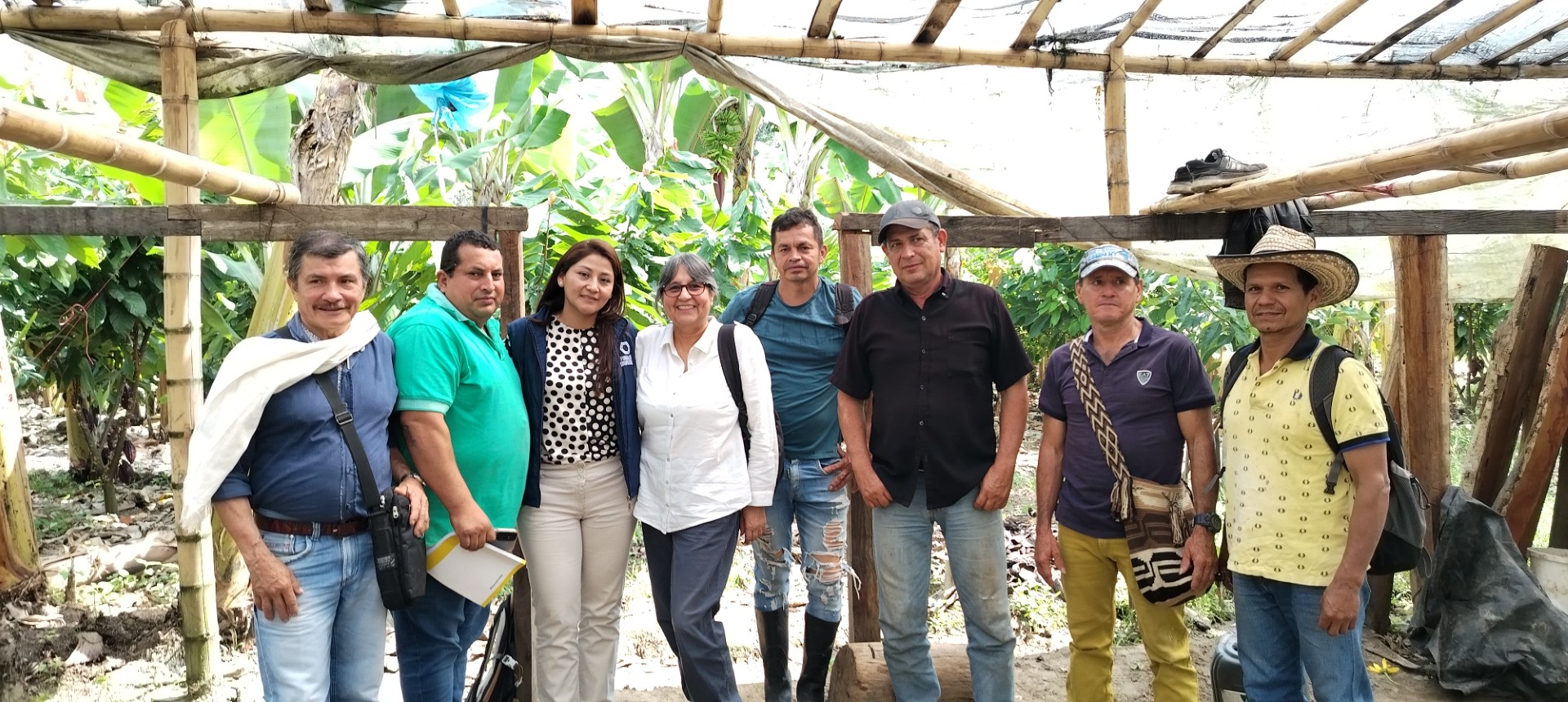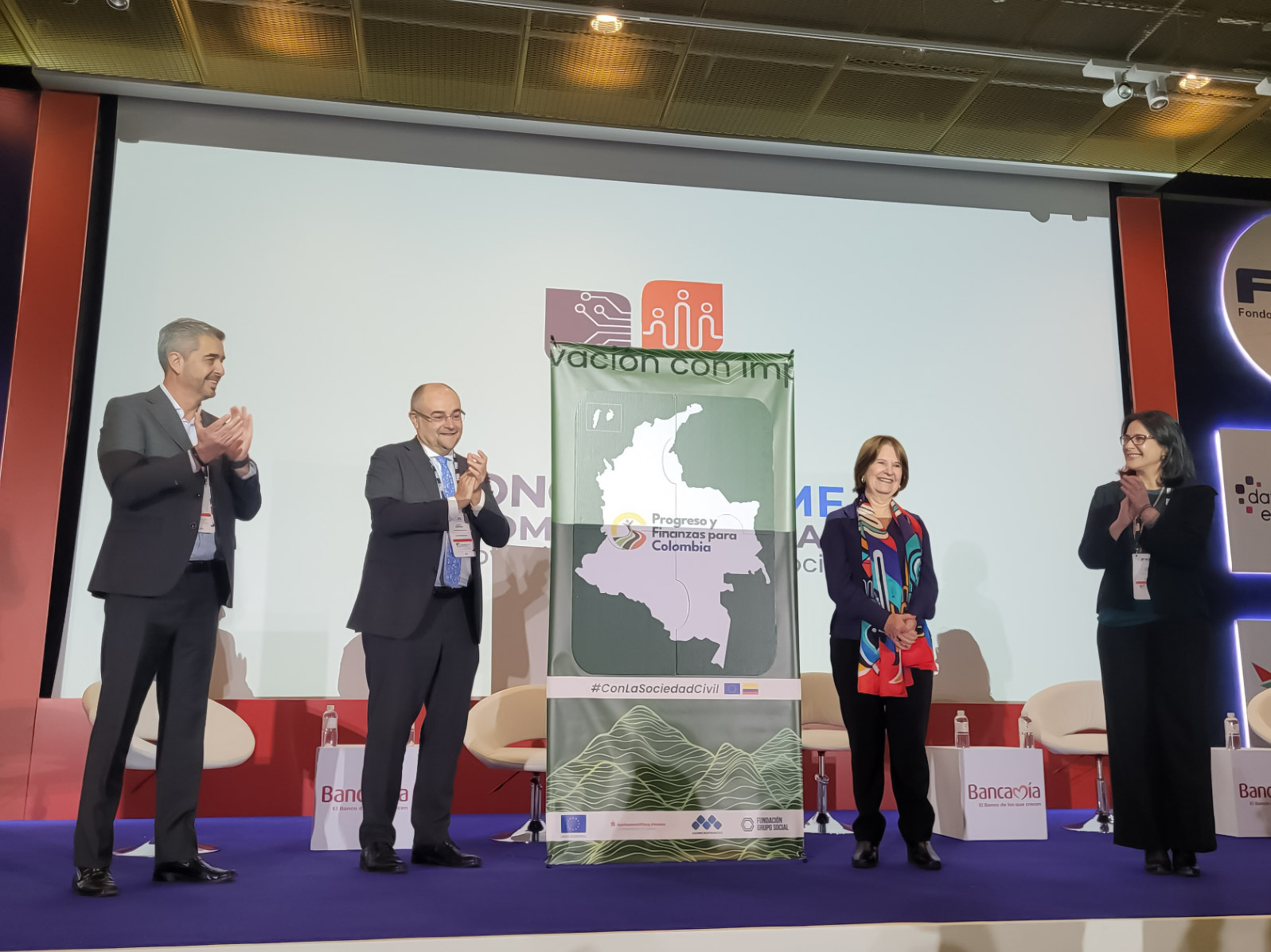Launch of new project for financing impact and job transformation in Colombia
News
The project is being implemented in cooperation with two local partner organizations: Fundación Grupo Social, which works to protect disadvantaged population groups, and Asomicrofinanzas, the Colombian umbrella organization for microfinance institutions. Together, they are pursuing the goal of improving the living conditions of over 68,000 people, primarily women, young people, and rural population groups. A key focus is on promoting financial inclusion, strengthening civil society organizations, and facilitating the transition to environmentally sustainable employment.
The project has been running nationwide since December 2024, with a particular focus on two rural target regions: Algeciras, an area with high levels of agricultural activity and coffee cultivation, and Buriticá, a region characterized by mining and poverty. In these regions, innovative approaches are first being developed to formalize employment relationships, shape fair transitions from traditional to green forms of employment, and create new prospects for particularly disadvantaged population groups. The next step will focus on developing financing models in collaboration with civil society that will improve the quality of life of people in these regions and nationwide in the long term.
A central element of the project is the use of financial inclusion as a driver for comprehensive social change. Improved access to financial services will be used to promote digital transformation, post-conflict reparations, the protection of human rights and fundamental freedoms, and the promotion of democratic structures and the principles of the rule of law. At the same time, the role of civil society organizations is being strengthened to give them more influence on social processes and political participation.
With “Progreso y Finanzas para Colombia,” the German Sparkassenstiftung and its partner organizations are making an important contribution to Colombia’s national development goals. The project exemplifies the aspiration to combine economic participation, ecological responsibility, and social justice.
Implementation is taking place in close coordination with the European Commission and is scheduled to run until the end of May 2028.

